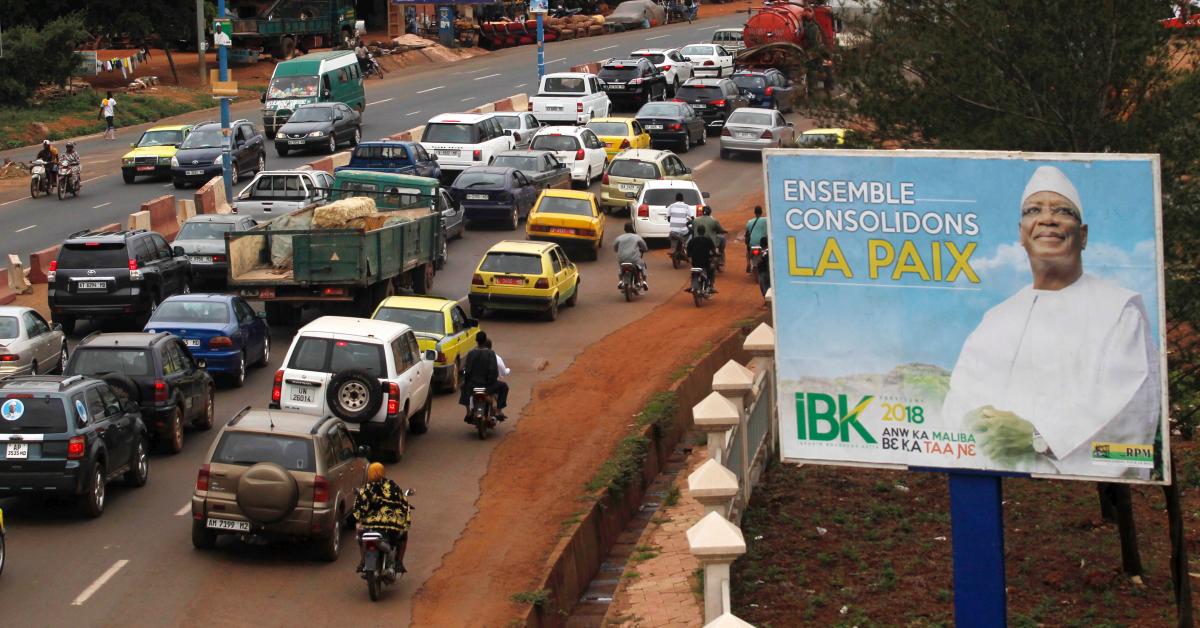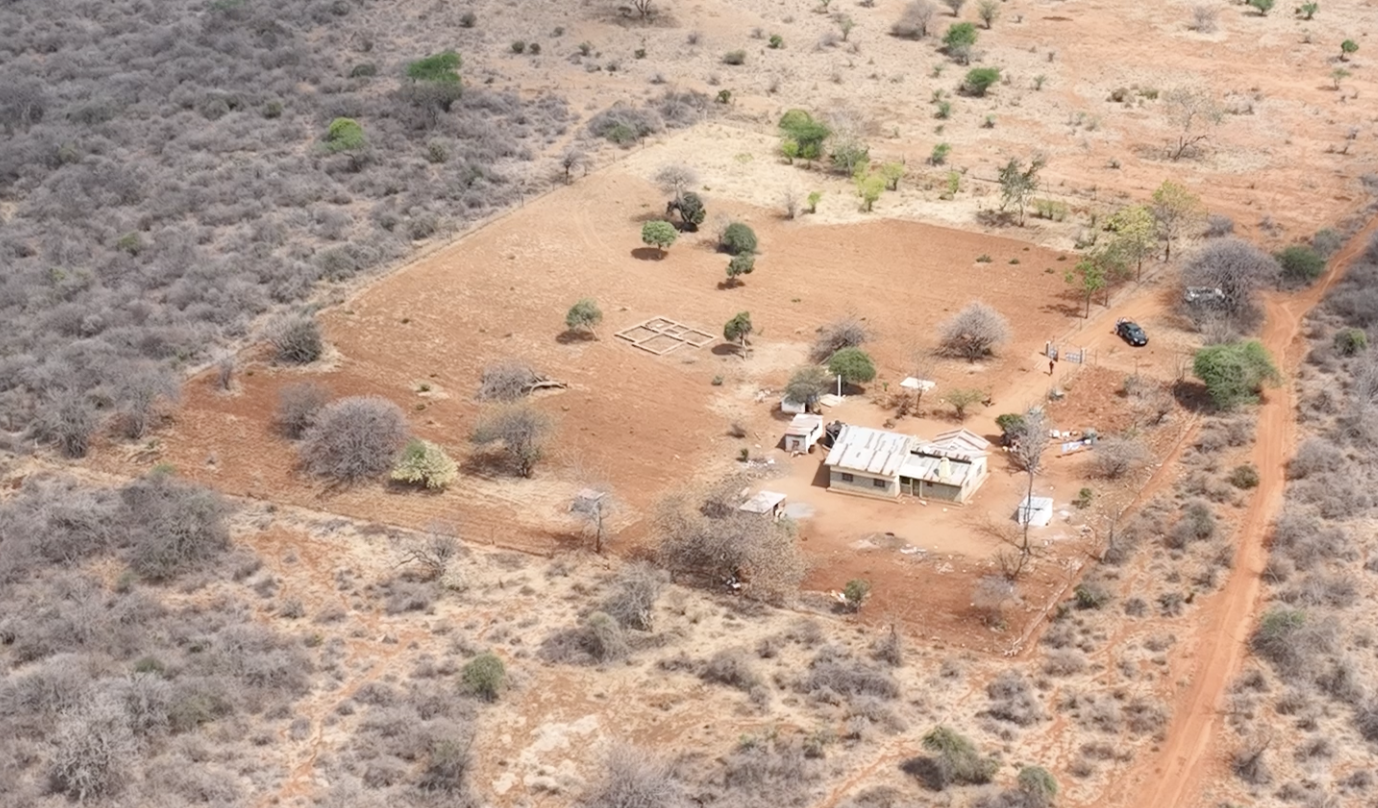
Mali voters fearful of violence and fraud in Sunday’s election

The warnings from the local branch of al-Qaida in Bamako, Mali against voting in the July 29 election started several months ago. The statement to people this increasingly volatile West African nation was simple. Stay away from the polls.
Yet when it comes to elections, power has tended to be contested peacefully in Mali — and diplomatic pressure will aim to keep it that way when its citizens go to the polls on Sunday to decide whether to give President Ibrahim Boubacar Keita a second term or hand the top job to one of his rivals.
“Mali has demonstrated the capacity over the years to deliver credible and peaceful elections, among the best in the region,” Mohamed Ibn Chambas, U.N. Special Representative to West Africa and the Sahel region, told Reuters at his office in the Senegalese capital, Dakar.
“My plea is that candidates again show high responsibility,” he added. “We cannot afford a political crisis in Mali on top of the security crisis the country is already facing.”
Keita, 73, universally known as IBK, runs for re-election amid a mounting death toll from jihadist attacks, ethnic killings and armed forces abuses that have become a defining feature of his presidency, despite thousands of French troops deployed since 2013 to contain the violence.
He faces two dozen candidates of which only one, Soumaila Cisse, 68, is seen as having a strong chance of ousting him. Both men are from the Saharan nation’s political elite, and IBK beat Cisse in a run-off at the 2013 poll.
No one will be surprised if many choose to avoid the vote. Mali consistently posts the lowest turnout in West Africa — about 40 percent on average. The threat of election-related violence could see that number grow even higher on Sunday.
“Violence in the Mopti region and northern region is really going to depress turnout. Voters are going to stay away in the conflict ridden areas,” said U.S. researcher Bruce Whitehouse.
Meanwhile, several political parties are also concerned about the validity of election results after duplicate and fictitious polling stations were listed on the electoral commission’s website.
The government and the electoral commission have promised a smooth vote, but many among Mali’s 8 million registered voters are still worried.
“If you want to make fraud possible, it is enough for political parties to give money to office agents to corrupt them and they will accept people who come with voter cards that do not belong to them,” said Hamadou Guindo, a student in the capital, Bamako. Fraud could lead to post-election violence, he said.






